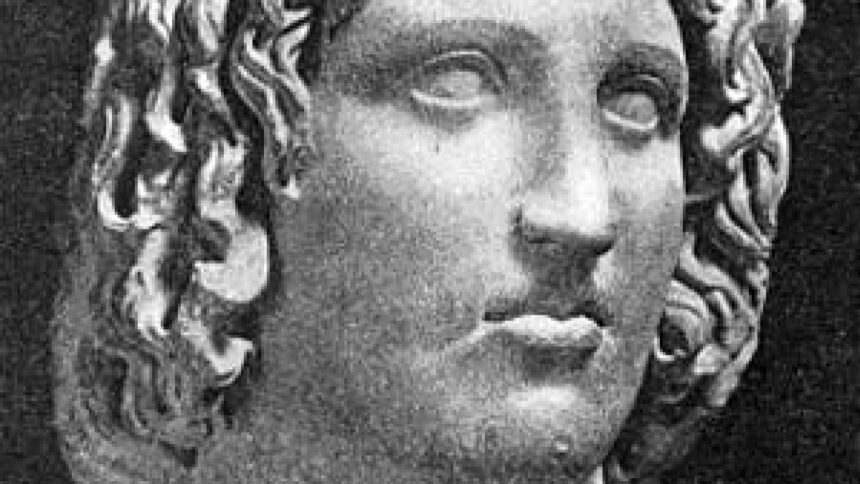The Roman literary landscape boasts an illustrious array of poets who have left an indelible mark on the pages of history. As the trend of Roman Empire continue to increase let’s traverse the corridors of time and illuminate the brilliance of a few iconic Roman poets.
1. Virgil (Publius Vergilius Maro):
Often hailed as Rome’s preeminent poet, Virgil’s “Aeneid” is a cornerstone of classical literature. Born in 70 BCE, Virgil’s epic narrative, weaving myth and history, resonates as a testament to the spirit of Rome.
2. Horace (Quintus Horatius Flaccus):
A contemporary of Virgil, Horace’s poetic oeuvre spans lyric and satirical verse. His “Odes” showcase a mastery of lyricism, while his “Satires” and “Epistles” offer keen observations on Roman society, rendering him a literary luminary.
3. Ovid (Publius Ovidius Naso):
Ovid’s metamorphic tales in “Metamorphoses” captivate with their storytelling prowess. Born in 43 BCE, Ovid’s poetic ingenuity extends to his elegiac works like the “Amores” and the witty “Ars Amatoria.”
4. Catullus (Gaius Valerius Catullus):
Renowned for his emotionally charged and intimate poetry, Catullus’s verses explore themes of love and loss. His “Carmina” collection reflects the emotional landscape of the late Roman Republic.
5. Lucretius (Titus Lucretius Carus):
A philosopher-poet, Lucretius’ “De Rerum Natura” delves into Epicurean philosophy, examining the nature of the universe and the pursuit of tranquility. His didactic yet poetic style marked him as a distinctive figure in Roman literature.
6. Martial (Marcus Valerius Martialis):
Flourishing in the first century CE, Martial’s epigrams in the “Epigrams” series exhibit a sharp wit and keen observational humor. His succinct verses provide glimpses into daily life in ancient Rome.
These poets, each with a unique voice and thematic focus, collectively form a pantheon that enriches our understanding of Roman culture and literature. Their words, echoing through the corridors of time, continue to resonate and captivate readers, offering a window into the soul of ancient Rome.
